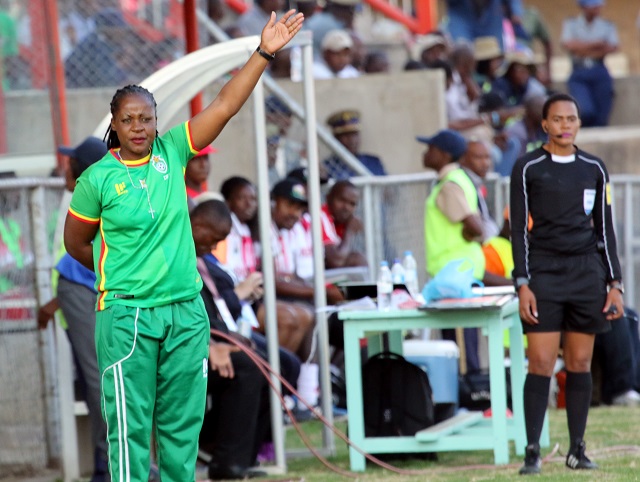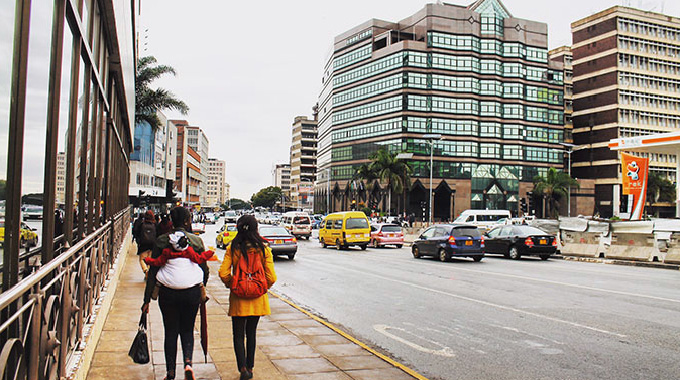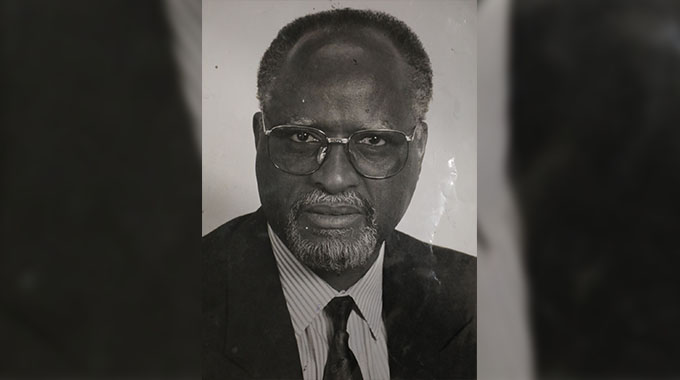When will justice be done?


Stephen Mpofu
“Justice delayed is justice denied,” so goes the saying which has long stood the test of time.
Apply the above wise adage to the all most palpable obscurity surrounding the journey — its vicissitudes and all — in the making of Zimbabwe from 1890 to 1980 when independence and freedom finally dawned on the oppressed black people of this country and you are likely to be persuaded into believing that justice has yet to be done to immortalise the liberation struggle into cold print as a compass guiding generations to come into an obscure future. Such a compass will enable future generations to prudently navigate the future in order to avoid human cruelties similar to those visited upon the blacks of this country by successive Rhodesian regimes.
It is probably a paradox of paradoxes that a people touting itself about its top literacy rating on the African continent should have lamentably failed nearly four decades into uhuru to tell the illustrious story of the freedom struggle which saw many gallant sons and daughters of the soil paying the ultimate price to free the motherland from the clutches of colonial rule.
Or is our nation expecting foreign historians, among them those whose country oppressed us, to come back and write for us the story of our own liberation struggle?
Or what does this lackadaisical attitude by those who were involved in the armed struggle in telling the story to keep the fire of the revolution burning in order for its flame to light the way forward for generations to come suggest.
Official indications by the previous government of former President Robert Mugabe once indicated that a panel of learned Zimbabweans would be set up to write the liberation history of this country.
However, nothing had materialised by November last year when Mr Mugabe and his government fell from power under Operation Restore Legacy — even after such a long stretch of time when historians should have come up with the story of our revolution in order for born-frees as well as other people in the global village to know that the freedom this country now enjoys did not come on a platter.
Ironically, Zimbabwe School Examinations Council (Zimsec) assessors last year thumbed their noses on a book by a communicologist who lived through oppression of blacks in Rhodesia and lived and worked in exile chronicling the exploits of freedom fighters back home before returning to Zimbabwe at
Independence to observe the transition from white to black rule.
The Zimsec assessors reportedly said they would not recommend the book titled Creatures at the Top for use in schools because it also featured top political personalities.
The title from the book was adopted from Mr Mugabe, then as Prime Minister in the early years of Independence when he denounced some of the leaders in his administration as “creatures at the top” who spoke their voices hoarse about socialism by day but by night shrilly embraced capitalism, thereby opposing the government’s efforts of turning the new born country into a socialist state.
It was ironically those same creatures at the top who by their huge capitalist appetite and anti-povo stance contributed to Mugabe’s fall from power and grace.
The Christian faith in Zimbabwe is historical. But if as immortalised in the Holy Bible the history of Christianity clearly tells how its founder and son of God, Jesus Christ, was vilified like a criminal, and finally nailed on the cross along with two criminals, why should lesser beings — in the person of political creatures at the top — be spared exposure by the pen to immortalise their political, economic and social discontinuities as hyenas in sheepskin?
A university lecturer, just over two years old at the time of independence in 1980, is among young Zimbabweans who told this writer that they strongly believed that justice remains undone in the absence of official historical accounts of the freedom struggle to enable the future leaders of this country to avoid the dark periods of white rule and with that knowledge also steer clear of any temptations to behave in ways that brought about distress to other members of society.
In that respect, therefore, the young stock, or born-frees, said the absence of an authentic or official history about how the country liberated itself from alien rule was an injustice to the young people who needed guidance to avoid pitfalls that caused violent conflicts in the country resulting in the armed struggle.
He and others of his age cited political remarks by one leader “who smelt breast milk” at the time of the birth of the new Zimbabwe as demonstrating ignorance about the past as a result of the absence of an authentic history of how Zimbabwe came to be.
The politician in question was quoted in the media as threatening to chuck out of Zimbabwe WHEN, and not if, he came to power after the harmonised elections next month nationals from a foreign country that helped build for us bridges from Rhodesia to Zimbabwe and then crossed the same bridges to help our people set themselves up economically.
[That the politician did not say he was misquoted, can only tell a big story about his knowledge of who rendered a helping hand in freeing this country from oppressive rule.]
Surely the concerns of born frees about the absence of an official Zimbabwean history of the liberation struggle should make the next government after independence consider moves for the writing of Zimbabwe’s liberation history an urgent next step so that foreigners may also understand why
Zimbabweans pride themselves on their hard won independence and freedom.
Yes, one historian Mr Phathisa Nyathi of Bulawayo, is known to be writing the history of Zipra, the military wing of the Zimbabwe African People’s Union (Zapu) — an account that will obviously be one-sided without a complementary account of the armed struggle by Zanu’s former military wing, Zanla.










Comments